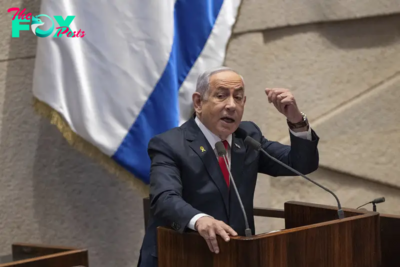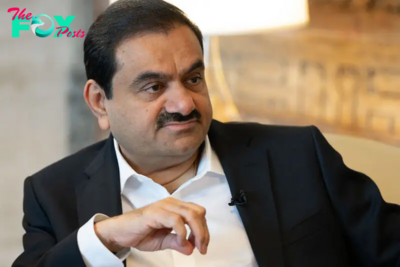World News
Modi May Fall Short of Landslide Indian Election Win, Early Results Indicate
Narendra Modi’s ruling Bharatiya Janata Party (BJP) is leading in the 2024 Indian election as the results trickle in on Tuesday, but early trends suggest the Prime Minister’s government may not win the two-thirds supermajority predicted by exit polls.
Early results show that the BJP and its National Democratic Alliance, which also includes other parties on the right, is ahead so far, winning 295 seats in India’s 543-seat Lok Sabha, or the lower house of parliament. Any party or alliance that wins more than 272 seats can form a majority government in India.
In contrast, the opposition INDIA alliance—which is made up of more than 20 opposition parties including the Indian National Congress—has so far won 230 seats, performing better than expected in this election. That result would mean Modi’s BJP has not won the 400-seat supermajority it sought this election cycle.
Whatever the final count, the 73-year-old Modi, a charismatic yet polarizing leader, is on track to win enough seats for a rare third consecutive five-year term as Prime Minister. Only one other Indian Prime Minister, Congress leader Jawaharlal Nehru, has served three consecutive terms.
The vote, which began on April 19 and concluded on June 1, was carried out in seven phases over six weeks and saw over 1 billion Indians heading to the polls—making it the largest democratic election in the world.
Read More: Why India’s Next Election Will Last 44 Days
The BJP’s projected outright majority means that it will likely be able to continue its Hindu-nationalist agenda and pursue a slate of economic reforms.
But a smaller-than-expected majority means that Modi may face a more powerful opposition than at any point over the past decade, making implementation more difficult unless the BJP works with smaller alliances and negotiates with opposition leaders.
This is a developing story. Come back for updates.
-

 World News17h ago
World News17h agoWorld’s Best Brands – Brazil
-

 World News1d ago
World News1d agoWorld’s Best Brands – India
-

 World News1d ago
World News1d agoInternational Criminal Court Issues Arrest Warrants for Netanyahu and Hamas Commander
-

 World News2d ago
World News2d agoLandmark Bill to Ban Children From Social Media Introduced in Australia’s Parliament
-

 World News2d ago
World News2d agoAmerican and Australian Tourists Die in Laos After Drinking Tainted Alcohol
-

 World News2d ago
World News2d agoSee Photos of the Seventh Volcanic Eruption on Iceland’s Reykjanes Peninsula in 12 Months
-

 World News2d ago
World News2d agoMuhammad Yunus on the Race to Build Bangladesh 2.0
-

 World News2d ago
World News2d agoU.S. Charges Indian Billionaire Gautam Adani With Defrauding Investors



















